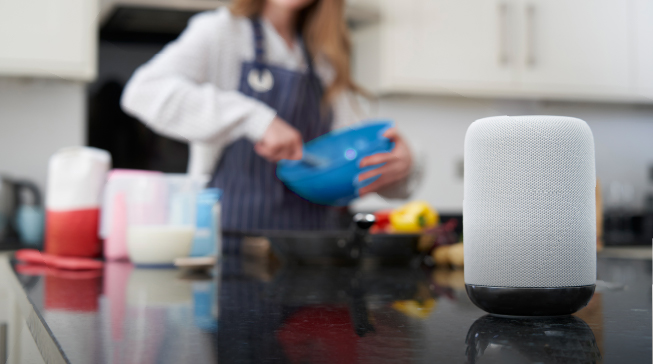As our New Year’s resolutions start to fade into the back our minds, it is time to refocus our attention on creating better habits in the kitchen. This is, of course, easier said than done and between work, school activities and day to day chores, it can be hard to find the time for cooking. By focusing on the small wins below, we can make meal prepping a more manageable part of our busy schedule and save time and money in the process – hurray!
Prep in advance
As you organise the next grocery run, plan in an extra thirty minutes to prep your fruit and vegetables. You can then place your pre-chopped items in the fridge or freezer for use at a later date. This may seem like a hassle at the time but will ultimately make cooking more doable in the long run. If you are planning on cooking a meal from frozen, consider defrosting it naturally as this will save cooking time and energy usage. Meal prep is the perfect time saver for busy parents and young professionals – give it a go!
Top tip – Check out the frozen aisle for pre-chopped fruit, vegetables and more!

Get organised
How much time do you spend hunting for the right items as you cook? This may seem pretty obvious but being more organised in the kitchen is the easiest way to save time. Take an hour every month to organise your larder, fridge and freezer. Place the items you use more frequently within reach and the less used items further away. When cleaning your electric oven, make sure to remove all debris and grease as any food that sticks to the oven will absorb the heat, making it less time and energy efficient.
Top tip – Consider your methods of storage as lacklustre covering can lead to food wastage and messy clean-ups.
Use the right equipment
Holding onto your age-old pots and pans may seem like a thrifty idea at the time, but they could be costing you more money in the long run. We suggest that you do your research before buying new equipment as some items are more efficient than others. For example, ceramic and glass dishes are better for retaining heat during oven cooking, while copper and cast-iron pans work better on the hob. You should also consider the size of your equipment, as larger pans require more time and energy to heat. By choosing a smaller pan and using the lid where possible, you can cook meals faster and save money on your energy bills.
Top tip – Turn the oven off a few minutes early every day to save on your energy consumption in the long-run.
By following the time-saving tips above, you can make cooking a more manageable and enjoyable part of your day. Now that’s #SmarterLiving